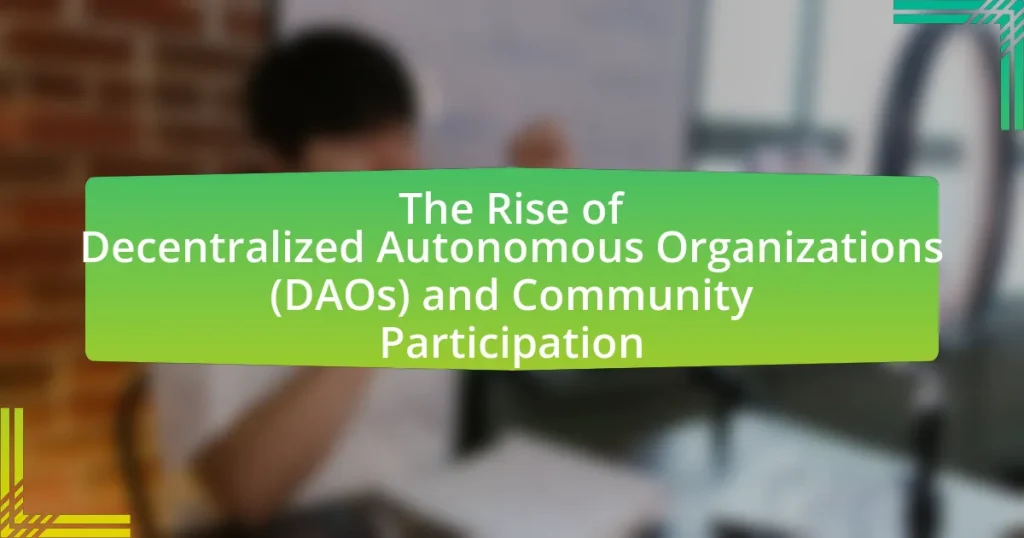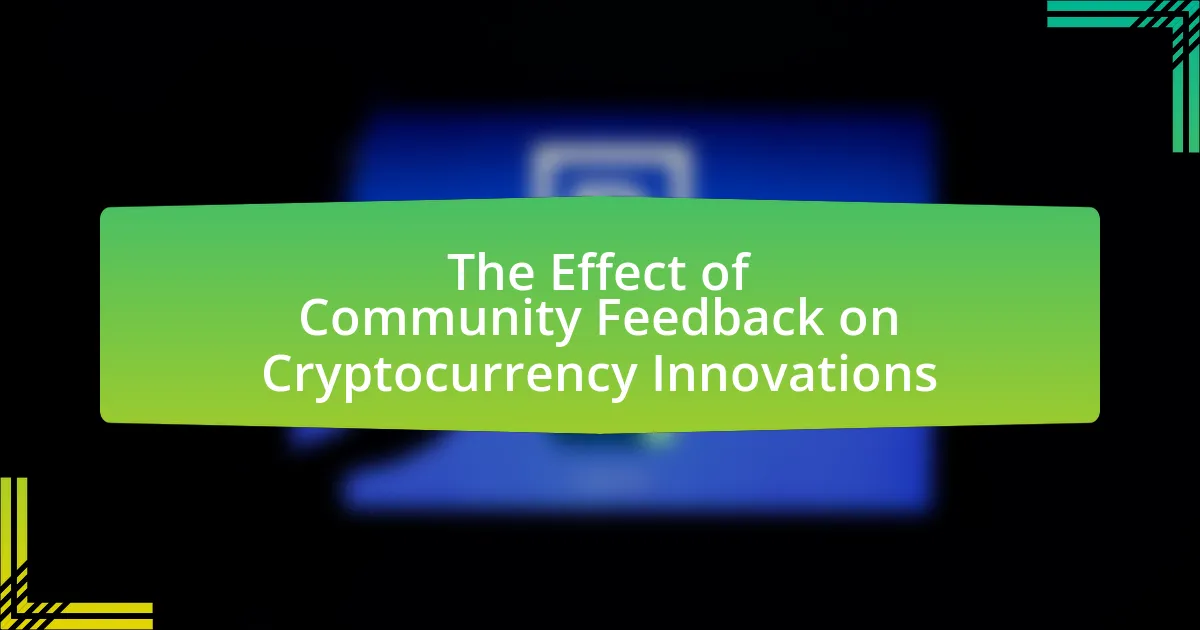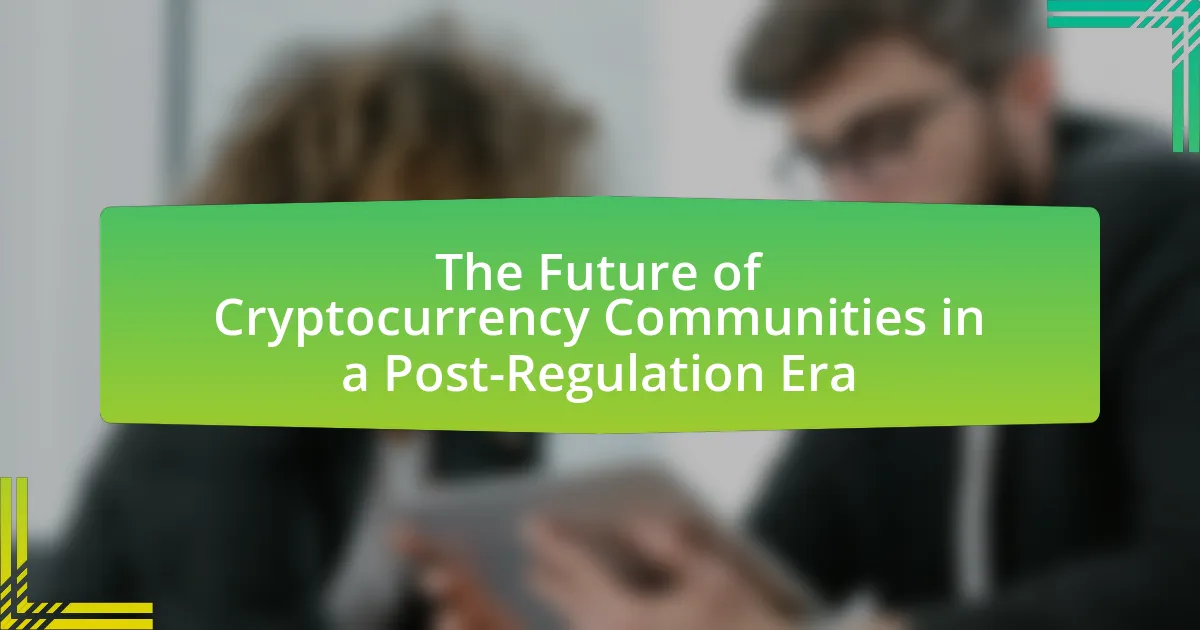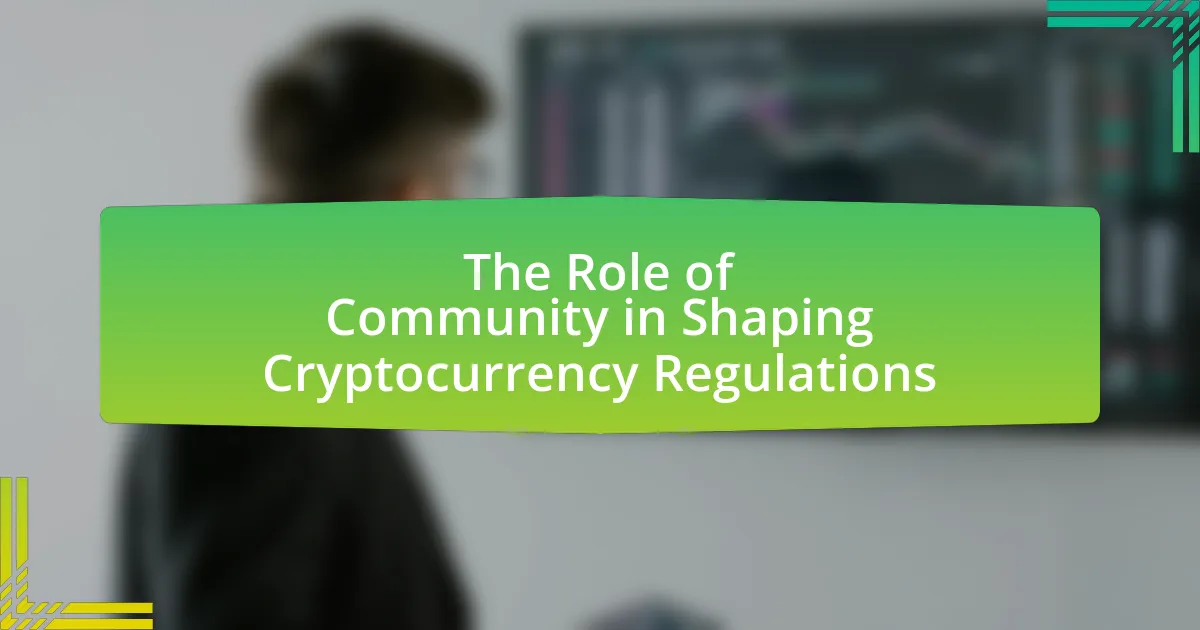Decentralized Autonomous Organizations (DAOs) are entities that leverage blockchain technology and smart contracts to facilitate governance and decision-making without centralized control. This article explores the fundamental differences between DAOs and traditional organizations, highlighting their decentralized governance structures, community participation mechanisms, and the role of blockchain in enhancing transparency and trust. It also addresses the challenges DAOs face regarding engagement and inclusivity, while discussing future trends, regulatory impacts, and best practices for fostering active community involvement. Through this examination, the article underscores the significance of DAOs in promoting democratic participation in organizational management.
--Decentralized-Autonomous-Organizations-(DAOs-1.webp)
What are Decentralized Autonomous Organizations (DAOs)?
Decentralized Autonomous Organizations (DAOs) are entities that operate through smart contracts on a blockchain, allowing for governance and decision-making without centralized control. DAOs utilize blockchain technology to enable members to participate in the organization’s operations and decisions through a consensus mechanism, often facilitated by tokens that grant voting rights. The concept of DAOs emerged with the advent of Ethereum in 2015, which provided the necessary infrastructure for their development. DAOs exemplify a shift towards decentralized governance, as they allow for transparent and democratic participation in organizational management, reducing reliance on traditional hierarchical structures.
How do DAOs differ from traditional organizations?
DAOs, or Decentralized Autonomous Organizations, differ from traditional organizations primarily in their governance structure and operational model. DAOs operate on blockchain technology, enabling decentralized decision-making through smart contracts, which allows members to vote on proposals directly without a central authority. In contrast, traditional organizations typically have a hierarchical structure with centralized control, where decisions are made by a select group of executives or board members. This decentralized approach in DAOs promotes transparency and inclusivity, as all transactions and decisions are recorded on the blockchain, making them accessible to all members. Additionally, DAOs often utilize tokens to incentivize participation and align interests among members, whereas traditional organizations rely on conventional financial compensation and corporate governance practices.
What governance structures are commonly used in DAOs?
Common governance structures used in DAOs include token-based voting, multi-signature wallets, and delegated governance. Token-based voting allows members to vote on proposals proportional to the number of tokens they hold, which incentivizes participation and aligns interests. Multi-signature wallets require multiple signatures for transactions, enhancing security and collective decision-making. Delegated governance enables token holders to delegate their voting power to representatives, streamlining the decision-making process. These structures facilitate decentralized decision-making and community engagement, which are fundamental to the operation of DAOs.
How is decision-making facilitated within DAOs?
Decision-making within Decentralized Autonomous Organizations (DAOs) is facilitated through a combination of smart contracts, voting mechanisms, and community engagement. Smart contracts automate processes and enforce rules, ensuring transparency and trust in decision-making. Voting mechanisms, often based on token ownership, allow members to propose and vote on initiatives, enabling collective input and consensus. For instance, platforms like Aragon and DAOstack utilize these frameworks to empower community members to participate actively in governance. This structure not only democratizes decision-making but also aligns incentives among participants, fostering a collaborative environment.
Why are DAOs gaining popularity in the digital landscape?
DAOs are gaining popularity in the digital landscape due to their ability to facilitate decentralized decision-making and community governance. This structure empowers individuals to participate directly in organizational processes without the need for intermediaries, enhancing transparency and trust. According to a report by the World Economic Forum, the rise of blockchain technology has enabled DAOs to operate efficiently, with over 1.5 million active wallets participating in various DAOs as of 2023. This trend reflects a growing demand for more democratic and participatory models in organizational governance, aligning with the values of decentralization and community engagement.
What role does blockchain technology play in the rise of DAOs?
Blockchain technology is fundamental to the rise of Decentralized Autonomous Organizations (DAOs) as it provides a secure, transparent, and immutable ledger for governance and decision-making processes. This technology enables DAOs to operate without centralized control, allowing members to participate in decision-making through smart contracts, which automate and enforce rules based on consensus. The transparency of blockchain ensures that all transactions and governance actions are publicly verifiable, fostering trust among participants. Additionally, the decentralized nature of blockchain eliminates single points of failure, enhancing the resilience and security of DAOs.
How do DAOs enhance transparency and trust among participants?
DAOs enhance transparency and trust among participants by utilizing blockchain technology to record all transactions and decisions in an immutable ledger. This transparency allows participants to verify actions and governance processes independently, fostering accountability. For instance, in a DAO, every vote and financial transaction is publicly accessible, which reduces the potential for fraud and mismanagement. Studies have shown that organizations employing blockchain for governance experience increased trust levels among members, as evidenced by a report from the World Economic Forum, which highlights that transparency in decision-making processes leads to higher engagement and satisfaction among participants.

What is the significance of community participation in DAOs?
Community participation in Decentralized Autonomous Organizations (DAOs) is significant because it empowers members to influence decision-making and governance processes directly. This participatory model enhances transparency and accountability, as decisions are made collectively rather than by a centralized authority. Research indicates that DAOs with active community engagement tend to have higher levels of trust and commitment among members, leading to more sustainable and resilient organizational structures. For example, a study by the Stanford Graduate School of Business found that DAOs with robust community involvement are more effective in achieving their goals and adapting to changes in the environment.
How does community involvement shape the direction of a DAO?
Community involvement significantly shapes the direction of a DAO by enabling collective decision-making and governance. In a DAO, members participate in voting on proposals, which directly influences the organization’s policies, projects, and resource allocation. For instance, a study by the Stanford Graduate School of Business highlights that DAOs with higher community engagement tend to have more innovative outcomes and sustainable practices, as members contribute diverse perspectives and expertise. This participatory model fosters accountability and transparency, ensuring that the DAO aligns with the interests and values of its community.
What mechanisms are in place to encourage community engagement?
Decentralized Autonomous Organizations (DAOs) utilize several mechanisms to encourage community engagement, including token-based voting, governance proposals, and incentive structures. Token-based voting allows community members to participate in decision-making processes proportional to their token holdings, fostering a sense of ownership and responsibility. Governance proposals enable members to suggest changes or initiatives, ensuring that diverse voices are heard and considered. Additionally, incentive structures, such as rewards for participation or contributions, motivate members to engage actively. These mechanisms collectively enhance community involvement and ensure that DAOs operate in a manner that reflects the interests of their members.
How do community votes influence DAO governance?
Community votes significantly influence DAO governance by enabling members to directly participate in decision-making processes. This participatory model allows stakeholders to propose, discuss, and vote on various initiatives, policies, and changes within the organization. For instance, in the MakerDAO, community votes determine the stability fee and collateral types, directly impacting the protocol’s financial health. This democratic approach ensures that governance reflects the collective interests of the community, fostering accountability and transparency. Additionally, studies have shown that DAOs with active community voting mechanisms tend to have higher engagement levels and better alignment with member interests, reinforcing the effectiveness of decentralized governance.
What challenges do DAOs face regarding community participation?
DAOs face significant challenges regarding community participation, primarily due to issues of engagement, decision-making complexity, and inclusivity. Engagement can be hindered by a lack of awareness or understanding of the DAO’s purpose and operations, leading to low participation rates. Decision-making complexity arises from the need for consensus among diverse stakeholders, which can slow down processes and frustrate members. Inclusivity challenges stem from barriers such as technical knowledge requirements and language differences, which can alienate potential participants. These factors collectively impede effective community involvement in DAOs, as evidenced by studies showing that only a small percentage of members actively participate in governance decisions.
How can DAOs address issues of inclusivity and representation?
DAOs can address issues of inclusivity and representation by implementing governance structures that allow diverse stakeholder participation and decision-making. These organizations often utilize token-based voting systems, enabling individuals from various backgrounds to have a voice proportional to their stake, thereby promoting equitable representation. For instance, research indicates that DAOs can enhance participation by lowering barriers to entry, such as requiring minimal financial investment or providing educational resources about governance processes. This approach has been shown to increase engagement from underrepresented groups, fostering a more inclusive environment.
What are the risks of centralization within decentralized structures?
Centralization within decentralized structures poses significant risks, including loss of autonomy, increased vulnerability to single points of failure, and diminished trust among participants. When a centralized authority emerges, it can undermine the foundational principles of decentralization, leading to decisions that may not reflect the collective interests of the community. For instance, in decentralized autonomous organizations (DAOs), if a small group gains control over decision-making processes, it can result in governance that favors their interests over those of the broader community. This shift can lead to decreased participation and engagement, as members may feel their voices are not valued. Additionally, centralization can create security risks; if a central entity is compromised, it can jeopardize the entire system, as seen in various blockchain projects where centralized exchanges have been hacked, leading to significant losses for users.

What are the future trends for DAOs and community participation?
Future trends for DAOs and community participation include increased integration of artificial intelligence for decision-making, enhanced governance models that prioritize inclusivity, and the rise of hybrid DAOs that combine centralized and decentralized elements. These trends are driven by the need for more efficient operations and greater member engagement. For instance, a report by the World Economic Forum highlights that by 2025, 10% of global GDP could be stored on blockchain technology, indicating a significant shift towards decentralized governance structures. Additionally, the growing popularity of community-driven projects suggests that participatory budgeting and voting mechanisms will become more prevalent, allowing members to have a direct say in organizational decisions.
How might regulatory changes impact the growth of DAOs?
Regulatory changes can significantly impact the growth of Decentralized Autonomous Organizations (DAOs) by either facilitating or hindering their operational frameworks. For instance, clear regulations can provide legal recognition and protection for DAOs, encouraging investment and participation, as seen in jurisdictions like Wyoming, which has enacted laws recognizing DAOs as legal entities. Conversely, stringent regulations could impose compliance burdens that stifle innovation and limit the ability of DAOs to operate freely, as evidenced by the challenges faced in regions with heavy regulatory scrutiny, such as the European Union’s proposed regulations on digital assets. Thus, the nature of regulatory changes directly influences the scalability and sustainability of DAOs in the evolving digital economy.
What innovations are emerging in DAO technology and governance?
Emerging innovations in DAO technology and governance include enhanced voting mechanisms, interoperability with other blockchain networks, and the integration of artificial intelligence for decision-making processes. Enhanced voting mechanisms, such as quadratic voting, allow for more nuanced stakeholder input, addressing the limitations of traditional one-person-one-vote systems. Interoperability enables DAOs to interact seamlessly with various blockchain ecosystems, fostering collaboration and resource sharing. Additionally, the use of artificial intelligence can streamline governance by analyzing data and predicting outcomes, thereby improving the efficiency and effectiveness of decision-making. These innovations are supported by ongoing developments in blockchain technology and increasing interest in decentralized governance models.
What best practices can enhance community participation in DAOs?
Best practices that can enhance community participation in DAOs include fostering transparency, implementing effective communication channels, and incentivizing contributions. Transparency builds trust among community members, as seen in successful DAOs like MakerDAO, where open governance processes encourage active involvement. Effective communication channels, such as forums and social media, facilitate discussions and feedback, exemplified by the Discord communities of various DAOs that engage members regularly. Incentivizing contributions through token rewards or recognition programs motivates participation, as demonstrated by Gitcoin, which rewards developers for their contributions to open-source projects. These practices collectively create an inclusive environment that encourages active community engagement in DAOs.
How can DAOs effectively communicate with their communities?
DAOs can effectively communicate with their communities by utilizing transparent communication channels, such as forums, social media, and regular updates. These platforms allow for real-time interaction and feedback, fostering a sense of inclusion and engagement among community members. For instance, platforms like Discord and Telegram are commonly used by DAOs to facilitate discussions and share important announcements, ensuring that all members have access to the same information. Additionally, regular community meetings and voting mechanisms empower members to participate actively in decision-making processes, reinforcing trust and collaboration within the community. This approach is supported by the fact that DAOs that prioritize open communication tend to have higher levels of member satisfaction and participation, as evidenced by various case studies in the blockchain space.
What strategies can be implemented to foster active participation?
To foster active participation in Decentralized Autonomous Organizations (DAOs), implementing strategies such as incentivizing contributions, enhancing transparency, and facilitating community engagement is essential. Incentivizing contributions can be achieved through token rewards or recognition systems that motivate members to participate actively. Enhancing transparency involves providing clear information about decision-making processes and project developments, which builds trust and encourages involvement. Facilitating community engagement can be done through regular meetings, forums, and collaborative tools that allow members to voice their opinions and contribute ideas. These strategies are supported by research indicating that active participation increases when members feel valued and informed, as seen in successful DAOs like MakerDAO and Gitcoin, where community-driven initiatives have led to significant growth and innovation.
It is not possible to provide an answer to the question “
” as it does not contain a specific inquiry or context to address.






